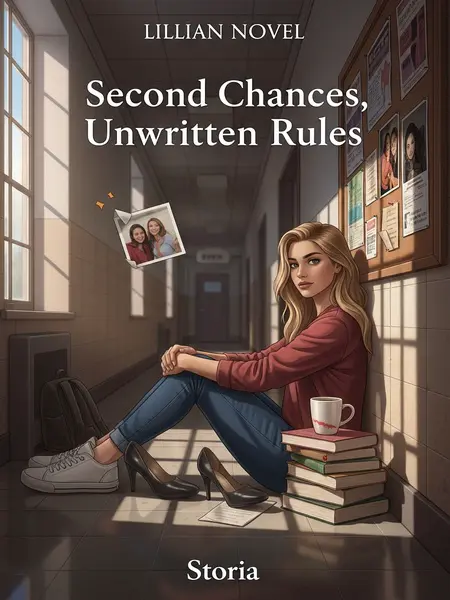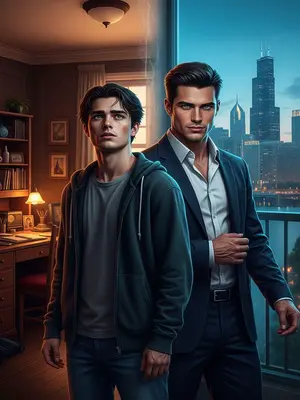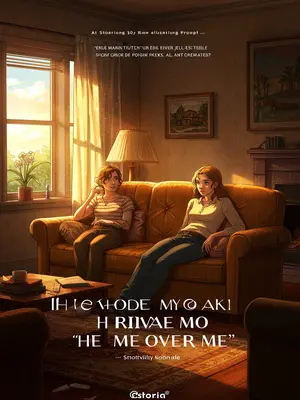Chapter 1: Goodbye to the Ordinary
The story opens in a quiet hospital room in late autumn, the city skyline visible through the window as dusk settles over a Midwestern college town. In my previous life—a phrase I can barely believe myself—I lived a simple, ordinary existence with Ethan Callahan. The ache in my chest tells me it was real, even if it feels like a dream now.
But it was the kind of life you’d find leafing through a faded family photo album, the corners curled and yellowed. I remember the faint musty smell of old photos and the ticking of the dinner clock in the background—quiet dinners at home, slow walks down streets lined with maples, the gentle hum of hospital machines echoing through the silence. It was the sort of ordinary that felt safe, but never really filled you up.
Ethan lay in a hospital bed, gripping my hand with surprising strength for someone so frail. He looked at me, eyes tired but clear, and said, "Lillian, in the end, you were the one who stayed with me. That means more than I ever said."
His voice was soft, tinged with the vulnerability that comes after decades of shared silences. I watched his fingers curl around mine, knuckles pale against the sheets, and saw the corners of his lips lift in something close to peace. The air was thick with the scent of antiseptic and the weight of old memories.
He didn’t regret it. In the end, between his unreachable love and me, he chose me.
But his words landed like the last notes of a song you’ve heard a thousand times but never truly loved. The heaviness settled between us—a quiet acceptance, but not the warmth I’d spent my life searching for.
He was content that I had arranged his life, his work, everything, all in order.
It was the kind of contentment you find in a well-organized closet: neat, predictable, but lacking any spark. Or maybe like a perfectly manicured lawn—green, tidy, but never wild. I was the one who paid the bills, marked the holidays on the calendar, and made sure his favorite coffee was always stocked. Still, I could never shake the sense that I was more caretaker than partner.
I could hear the resignation in his words—a sense that I was second best.
It stung, more than I wanted to admit. I heard the echo of every moment I’d spent in the background, watching him reach for something—or someone—just out of grasp. The ache of being someone’s consolation prize was a dull, persistent throb.
I was done playing second fiddle.
So I returned to the year I was twenty.
I asked myself, am I willing to live that same life again?
The answer was no.
I chose to keep my distance from him.













